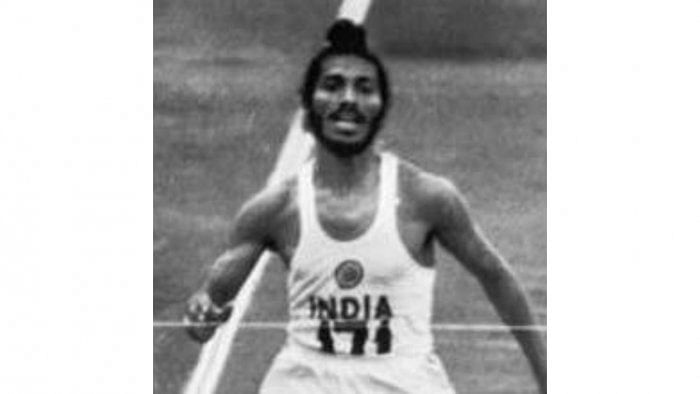
It has been 63 years since two of the fastest sprinters of Asia first faced off on the racing track at the 1958 Asian Games held in Tokyo, hailing from two countries that have been neighbours and rivals since Partition.
Before Milkha Singh's arrival on the international scene, Pakistan’s Abdul Khaliq was considered Asia’s fastest runner and had the accolades to back that title — winning 36 international gold medals, 15 international silver medals, and 12 International bronze medals for Pakistan in his career.
Singh and Khaliq shared some uncanny coincidences in their race to the top of their field. They were born just under 500 kilometres apart, but ended up on opposite sides of the border after the Partition, which left Singh orphaned as a child. Both have been awarded highly respected civilian awards in their respective countries.
One of the more striking criss-crossings in the two athlete’s lives is the fact that the monikers they were popularly known by were handed to them by leaders of the rival country. It was then-Pakistani President Muhammad Ayub Khan who first referred to Singh as the “Flying Sikh” after his performance at the Indo-Pak meet in 1960, a name that was attached to the champion sprinter till his death. Similarly, India’s first Prime Minister Jawaharlal Nehru gave Khaliq the nickname “The Flying Bird of Asia” in 1954.
Singh writes about his long rivalry with the Pakistani athlete in his autobiography, where he describes the dramatic events during the 200-metre dash at the Tokyo Games. He defeated Khaliq in what he described as a neck-and-neck contest, despite pulling a muscle in his right leg three or four yards from the finish line, tripping over it in the end.
In 1960, India was invited to take part in the Indo-Pak Sports Meet. Singh had refused to go because of tragic memories of his childhood in the country. Nehru finally convinced the star runner to participate in the event and compete against Khaliq for the title of being the best sprinter on the continent.
Before their clash in the deciding 200-metre sprint, Khaliq had won the 100-metre dash and Singh the 400-metre run. Milkha writes that he came from behind to pip the Pakistani sprinter to the finish line, matching the world record of 20.7 seconds.
Singh mentions that Khaliq was absolutely devastated by the loss, and that he had lent him a few words of consolation after the race to little avail.